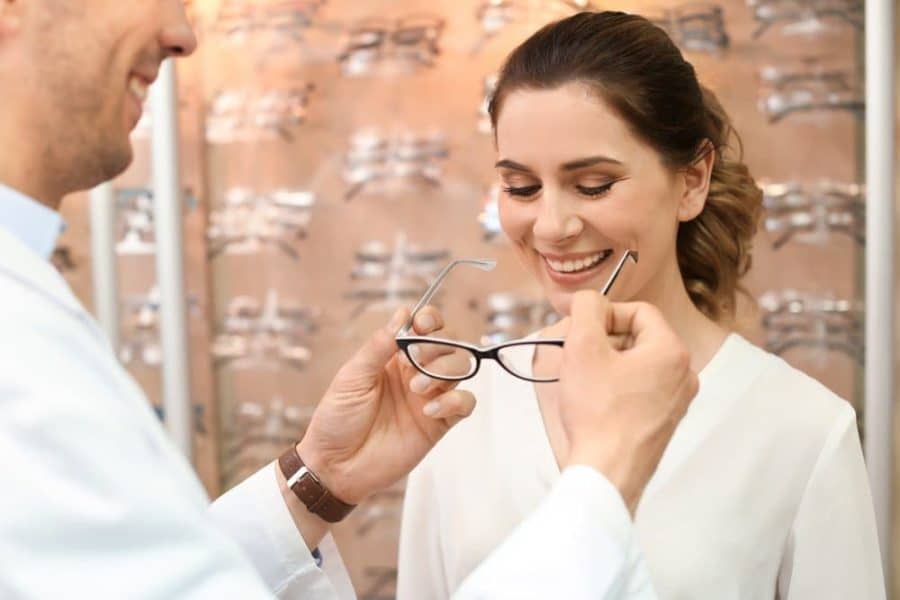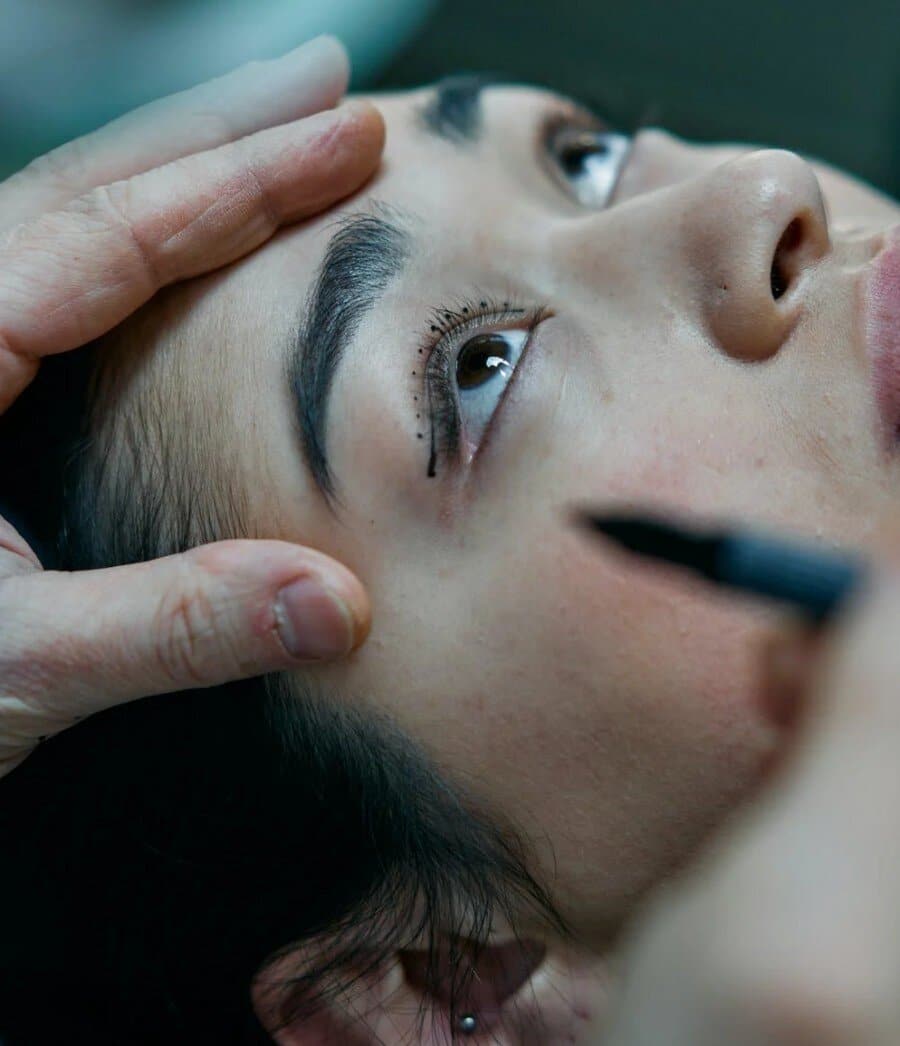Prioritizing your eye health is essential as your eyes are two of the most important organs of your body. Due to the fact that they deteriorate as you age, you must take care of them to prevent the development of vision problems and eye disorders.
In order to keep track of your eye health, the right thing for you to do is to go for regular check-ups and examinations. If you’re living around Fort Myers in Florida, there are various eye clinics here that offer quality eye services from licensed experts. You may visit this site to get to know one of the most reliable eye clinics in the area.
There may be numerous eye clinics around your place right now, but make sure to choose the best one that would cater to your needs. Also, meeting an eye expert, these are the things you must take note of:
Start with mentioning every eye-related symptom you’re experiencing.
Expect to be asked numerous questions, which would help the expert pinpoint the specific eye issue you’re having. Have you been experiencing blurry vision lately? Is something hindering your vision? Are your eyes always dry? Providing honest answers to such queries will surely give the eye doctor a rough idea of the current state of your eye health as well as your specific eye condition.
Before arriving at the clinic, you may write down possible questions and their corresponding answers so you will not be caught off guard during the actual consultation.
 2. Properly elaborate on your medical history.
2. Properly elaborate on your medical history.
To have a better view of your eye health, expect that your eye doctor will dig into your medical history to find any link to your current eye condition, specifically if it’s your first eye examination. Some questions that your eye doctor may ask you, which are related to your heredity and medical past, are the following:
- Have you had eye problems in the past? How about an existing eye problem?
- What major health conditions have you had in the past? How about the current?
- Have you worn any prescription eyewear recently?
- Do you take any medications?
- Do you have allergies?
- Were you born prematurely?
- Did you undergo any eye surgery in the past?
- Does anyone in your family have eye-related issues?
- Does anyone in your family have major health conditions (i.e. diabetes, high cholesterol, cancer, etc)?
3. Be prepared to be asked about your daily habits.
Aside from your medical history, an important factor that affects the condition of your eye health and vision are your daily routine and habits, so make sure to always take note of them. Some questions that you can expect your eye doctor asking you about your daily habits and activities are:
- How often and how long do you use computers and devices daily? Do you wear any eye protection?
- Do your hobbies and occupation require special vision needs?
- Do you often go out in the sun? Do you wear any eye protection?
- Do you experience any trouble in reading street signs?
- Do you experience any of the following: dry and irritated eyes, red eyes, headache, or fluctuating vision?
4. Bring your prescription glasses and lenses.
Your eye doctor will also examine the current prescription eyewear you’re wearing, so make sure to bring it with you during your visit to the clinic. Doing such will help your doctor determine whether or not it’s the best pair for you; if not, they can recommend you with the most accurate lenses apt for your current eye condition.
5. Expect a bunch of eye tests.
The duration of an eye examination usually depends on the equipment to be utilized, so make sure to book an eye appointment on a free day. It may last for half an hour up to several hours, as it will cover your vision and overall eye health.
Since it’s an eye examination, various eye tests will be performed to determine the current state of your vision and see if there are any refractive errors present, which usually cause vision problems.
Some of the common tests you need to undergo during an eye examination are included in this glossary. Another optional test that your doctor might perform is pupil dilation. A part of this exam includes using eye drops that will blur your vision and make your eyes extremely sensitive to light, which can last for several hours during the day. Thus, bring your sunglasses and have someone drive you home for your safety.
Conclusion
Undergoing eye examinations are essential for your eye health maintenance, and you should always be ready once you step inside the clinic. You need to be able to clearly identify what you currently feel about your eyes, as well as your daily habits and activities, and have knowledge about your medical history. After your eye examination, follow your doctor’s instructions carefully, and consistently take care of your eyes to avoid the risks of detrimental eye conditions.


 2. Properly elaborate on your medical history.
2. Properly elaborate on your medical history.
